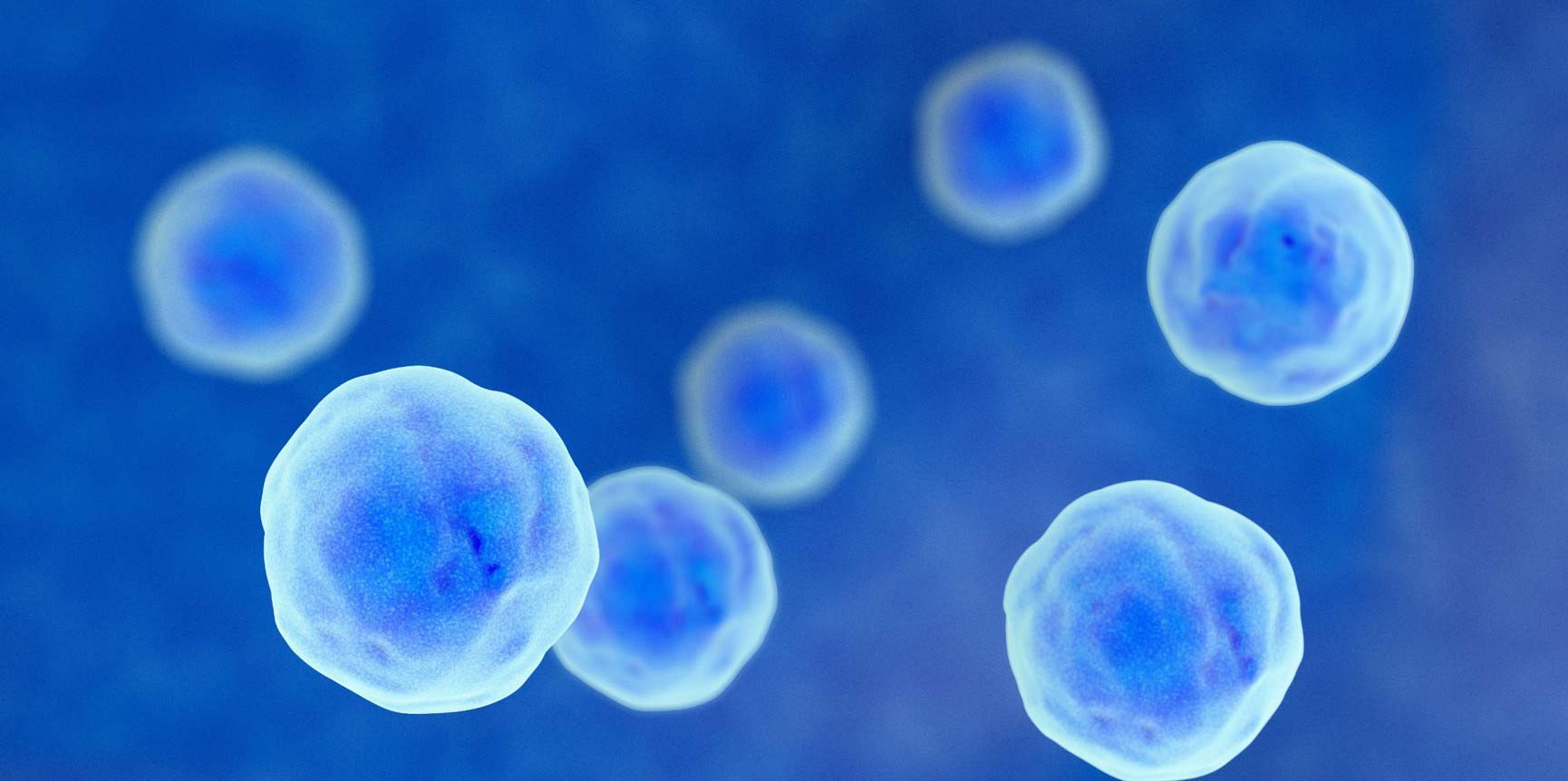We work with you using the weight of evidence approach to determine the type and extent of immunotoxicology testing appropriate for your program.

Immunotoxicology testing
Even therapeutics with mechanisms of action independent of the immune system can have off-target effects on immune function. As such, it is crucial to identify potential modulation of the immune system and de-risk compounds during the drug development journey.
Assess unintended immunomodulatory effects of advanced therapies, large molecules and small molecules
Cytokine release assays available in multiple formats

Small molecules
Including: receptor agonists, enzyme inhibitors, proteasome inhibitors, apoptosis pathways, heat shock protein inhibitors
We support your program through:
- cytokine production
- immunophenotyping
- global alterations to immune response
Large molecules
Including: vaccines, enzyme replacement therapies, drug/antibody conjugates, blood components
We support your program through:
- anti-drug antibodies
- cytokine release assays
- cytokine production
- immunophenotyping
- receptor occupancy
Advanced therapies
We support your program through:
- evaluation using the weight of evidence approach
- cell based test article characterization
- cytokine production
- immunophenotyping
Connect
Share
- #
- #
- #
- #
Regulatory
Working with Labcorp Drug Development means working with a partner with extensive experience of running immunotoxicology studies across all classes of drugs. We use this experience to design the correct set of assays for your program and can run assays in non-GLP or fully GLP formats as the specifics of your compound dictate.
Characterization of cell-based test articles is critical for obtaining regulatory approval for new cell therapy entities. In this rapidly evolving therapeutic field, characterization often needs to be more thorough than what is indicated in current advanced therapy guidance. Labcorp Drug Development I&I has extensive experience characterizing cell-based therapeutics to ensure regulatory needs are met, including applying principals of strength, purity, concentration, identity, and stability to cell-based test articles.
Let's start a conversation
Contact Us